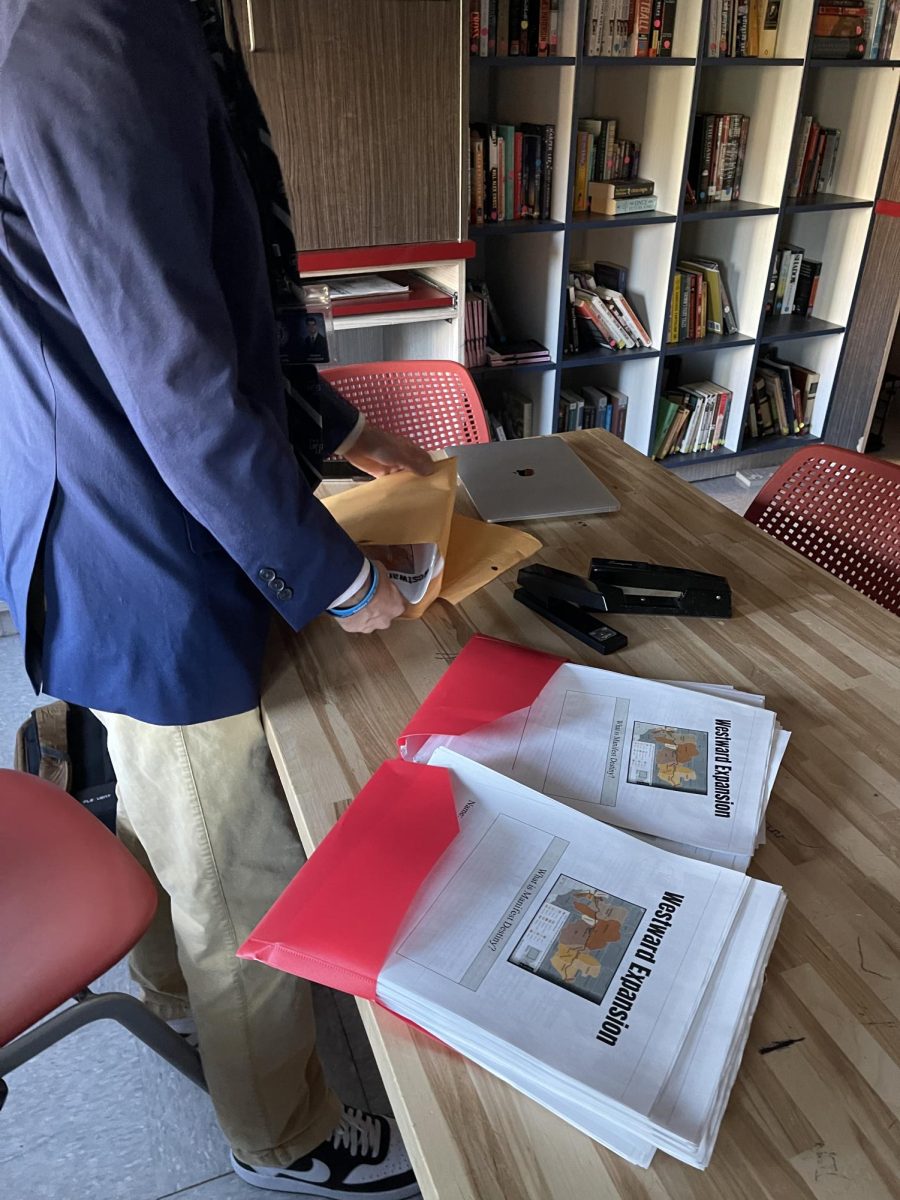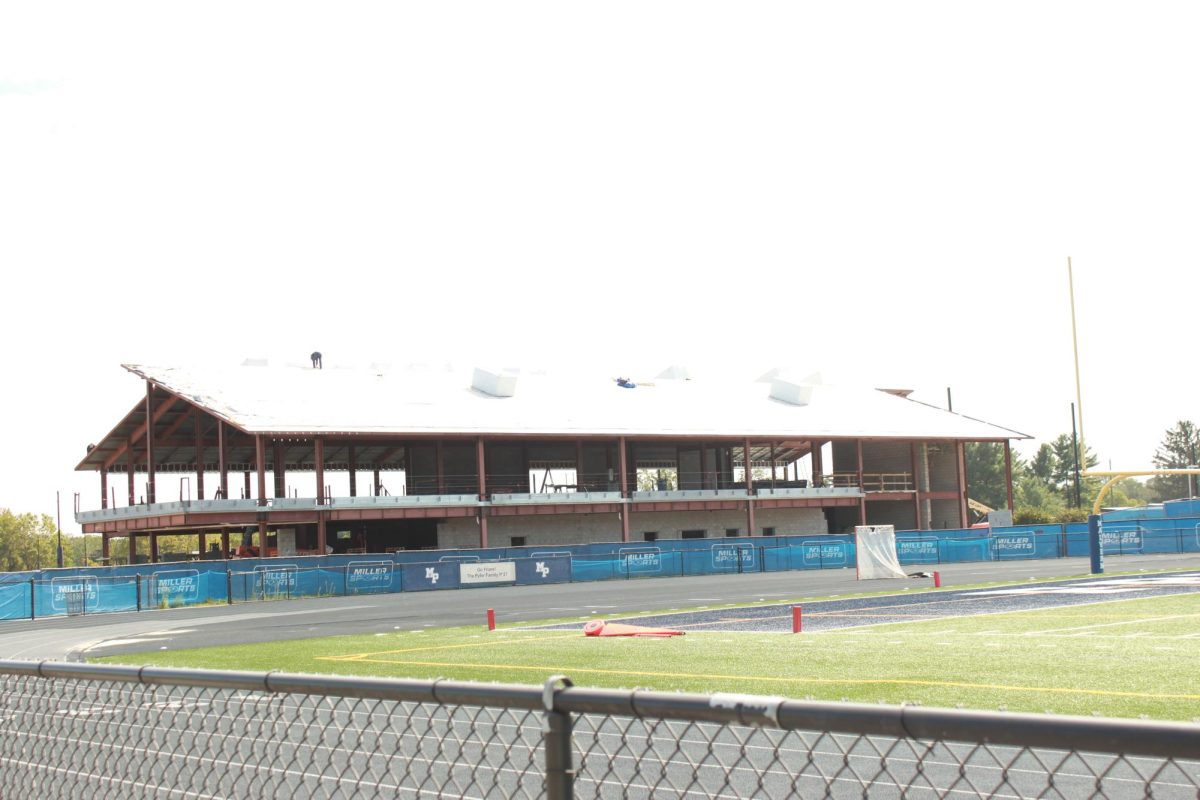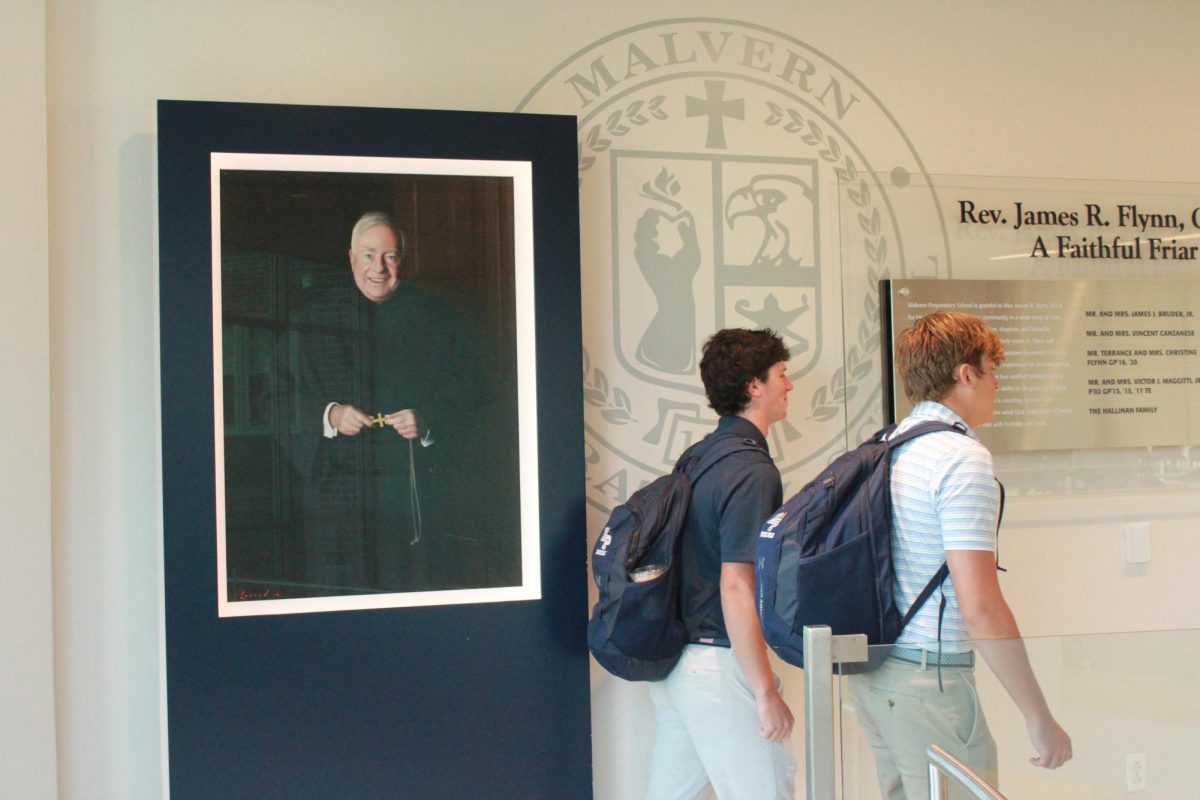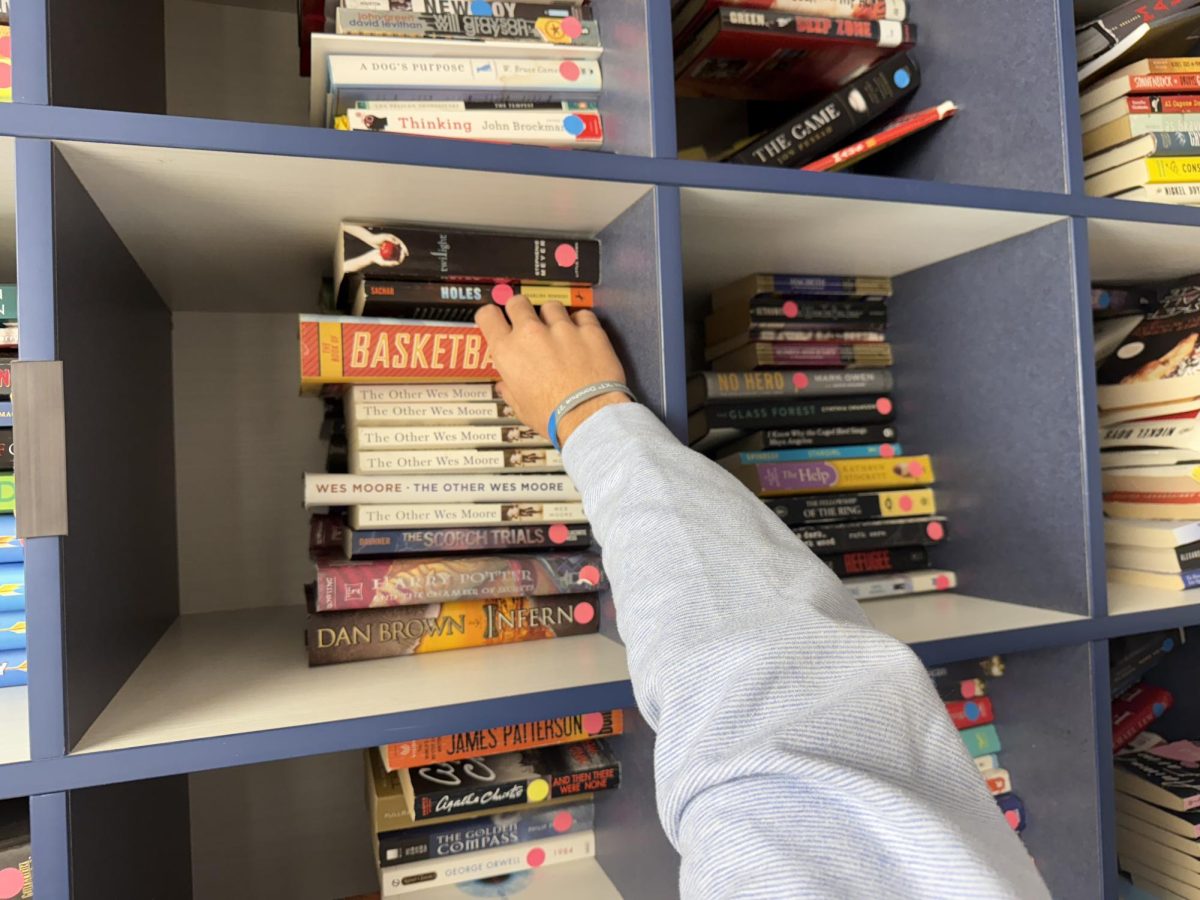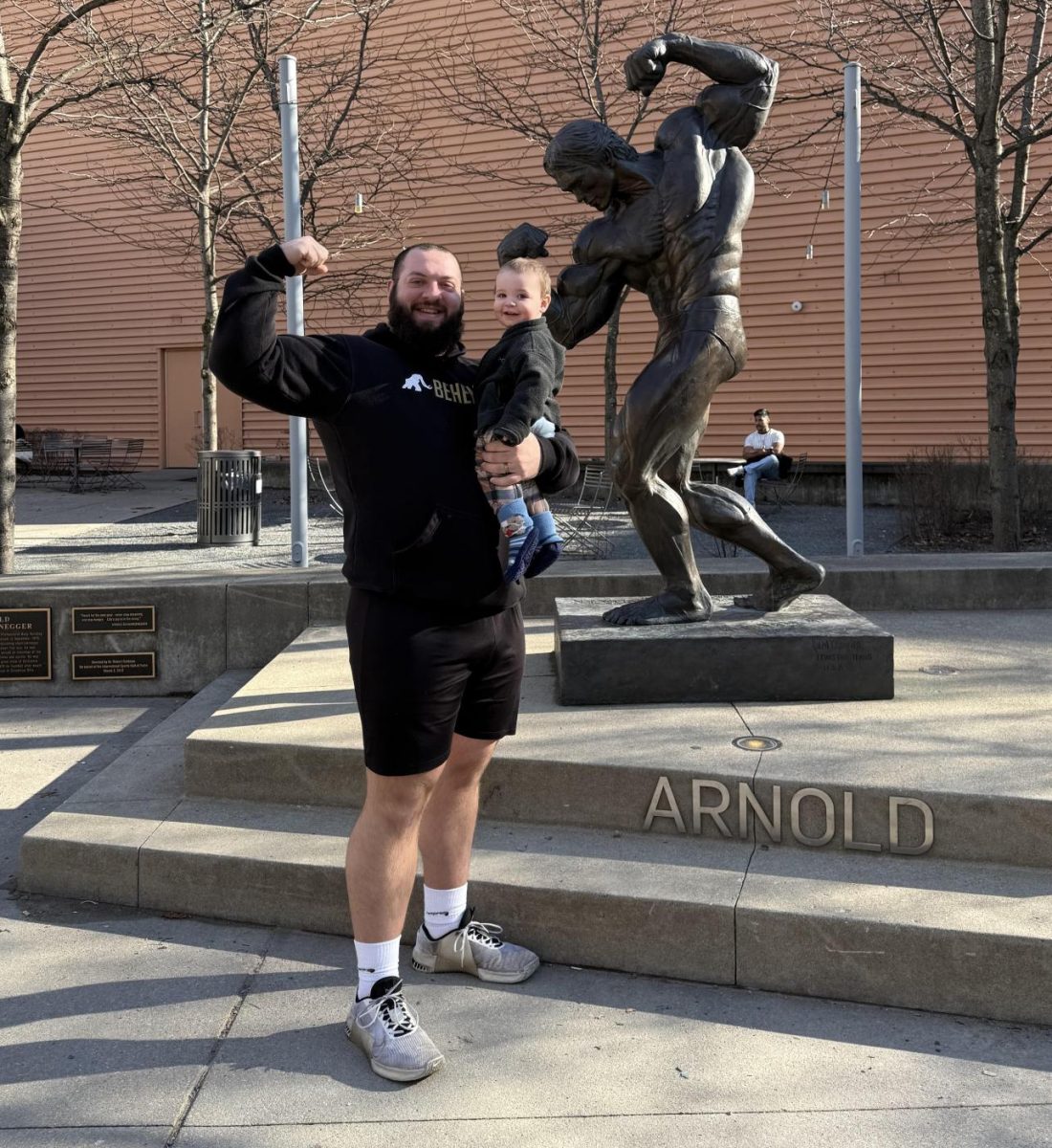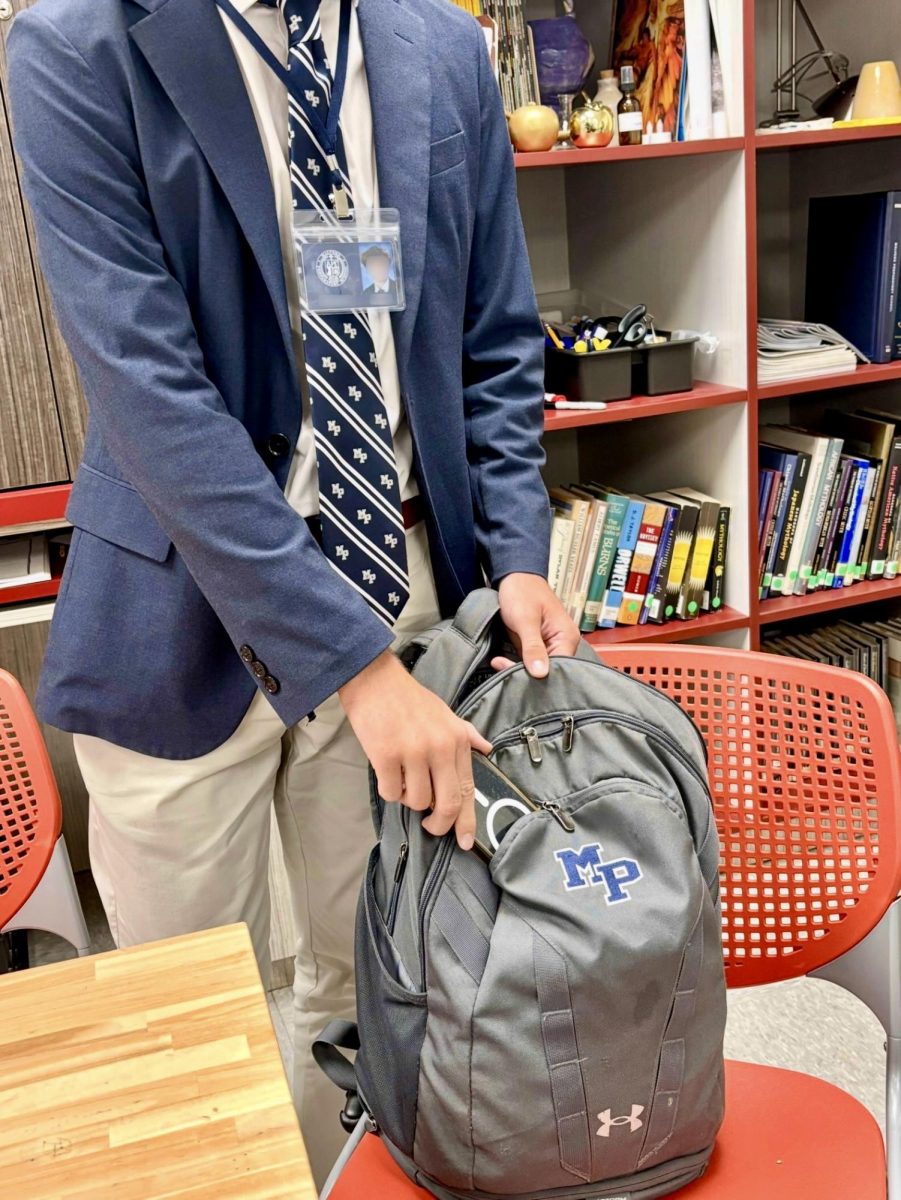The opportunity also came with an altered grading model.

On March 15, three groups of students presented their entrepreneurial projects to CEOs at the Wharton School of Business. But, this privilege wasn’t granted by simply signing up for the class.
With the great increase of interest and enrollment in Malvern’s Social Entrepreneurship class, the class’ moderators learned that increasing popularity can be both good and bad. Good because it showcases students’ increasing interest in Malvern’s entrepreneurial model, but bad because it restricts what students are able to do, according to Director of Social Entrepreneurship Mr. Jay Rogai.
Rogai said this year’s class has six total student teams in the class, but due to timing issues only three of the groups were able to present at Wharton.
The class’ teachers decided to hold a competition in order to select the groups. The top three groups received and A and got to present, while the bottom three received a C and did not.
However, the students who received a C were able to write a reflection on the other groups’ presentations to move their grade up before the third quarter ended.
“We were just trying to create some kind of internal competition for the students,” Rogai said. “And then let those students who didn’t make it have a chance to reflect on what they were doing and think about ways they can take step forward as a team and as an individual to be successful for the next presentation.”
According to Rogai there was mixed student reaction to the project.
Senior Tommy White was in one of the groups that won and presented at Wharton.
His group created a website called “Bubble Buddy,” which allows cancer patients to connect with other cancer patients and feel less isolation due to their illness.
“I loved the project and think our group’s product was a great idea. It all started with [senior] Andrew Clark and his fight against cancer that led the members in our group to realize we are all affected by cancer and want to make a difference,” White said.
His group gave a successful presentation at Wharton and is currently in the process of securing funding to make the product more sustainable.
“The competitive atmosphere was really great because that’s what you’re going to have to do in real life if you go into business, so I thought it was a great idea,” White said.
Other students weren’t as enthusiastic about the project, but don’t think it was a necessarily bad idea.
Senior Rob Carr, who was in one of the bottom three groups, said “It was fun a project if you’re doing something that you’re really interested in, but if you’re not you’re going with the flow.”
Carr said he was half and half regarding interest in his group’s topic of nutrition. “We had nutrition, but I eat what I like to eat so I can’t really do anything with nutrition,” he said.
Carr was also upset with how the top three groups were selected.
“It was kind of unfair because the top three groups had products to do with cancer, suicide, and concussions,” he said. “So they won the sympathy angle.”
Rogai, who was a moderator of another losing group, said that he was also naturally upset about his group being unable to have the unique experience of presenting at Wharton.
“It doesn’t feel good to not win or get something, so that’s a result we’re trying to manage the best we can,” Rogai said.
However, he does feel that a positive outcome because it gives students the life experience of not always getting what you want, while still giving them the chance to get the grade they desire.
The Wharton presentations were not the end of the road for Social Entrepreneurship. All groups, top three or not, will give another set of presentations this upcoming May.


